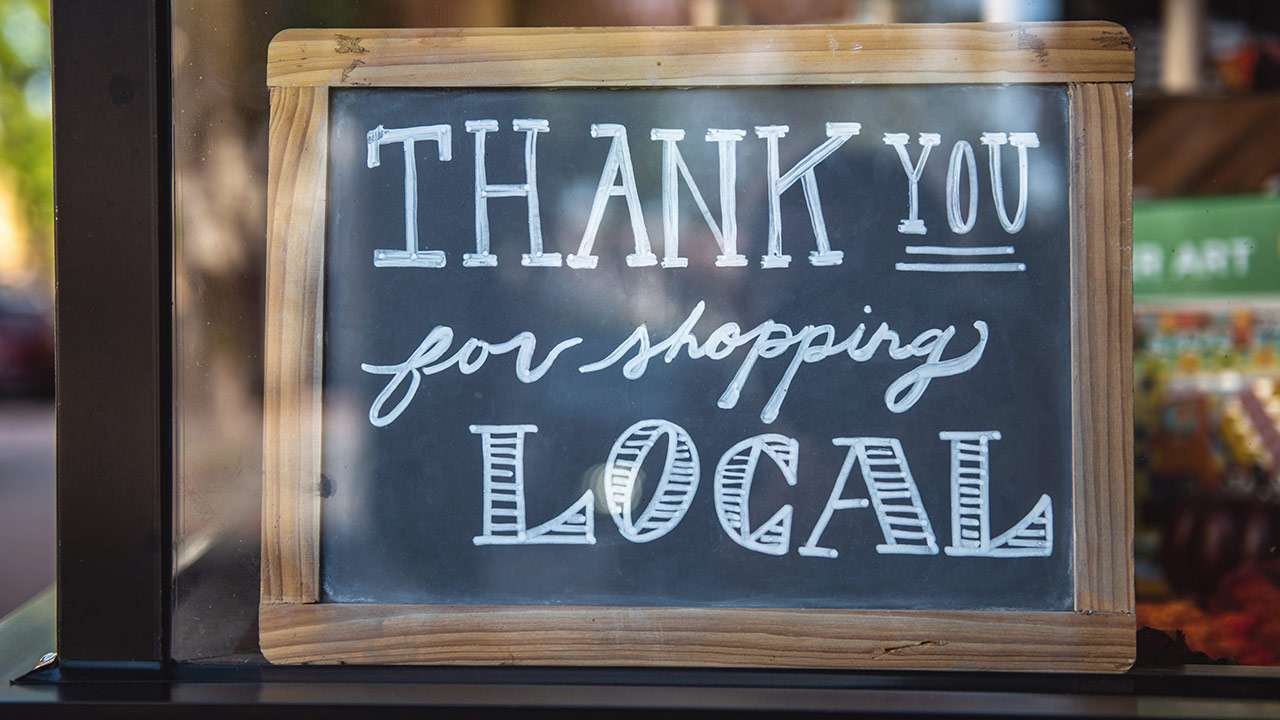POSTED Mar 29, 2022 - 01:12 PM
Here’s why customers choose to buy local for sustainable living
Less product miles and reduced waste production are some of the sustainability reasons why consumers choose to buy local
In PwC’s June 2021 Global Consumer Insights Pulse Survey, Southeast Asia and the Middle East have the highest number of consumers adopting eco-friendly shopping practices. Specifically, 74 percent of the respondents in the Philippines said that they have now become more eco-friendly shoppers.
Additionally, PwC listed factors that influence a consumer’s loyalty to a brand, and ethical and sustainable practices ranked fifth and seventh, respectively. This shows that consumer interest in sustainability is increasing, especially in the country. This is great news for local brands, which have a leverage in offering sustainability to customers. Here’s why.
Less product miles
Products that are manufactured locally don’t require overseas plane or freight travel. Reducing product miles, or the total distance traveled by a product from where it was grown or manufactured to where it will be sold or consumed, means less fuel consumption and air pollution. Buying locally, especially from MSMEs within the customer’s vicinity, may even allow businesses to utilize active transport instead.
For perishable products, removing overseas shipping also means cutting down the amount of time that transport refrigeration units are used. These vehicles are commonly powered by diesel engines that emit nitrogen dioxide, carbon dioxide, and particulate matter.
Reduced waste
Did you know that each Filipino contributes almost 12.4 kilos of packaging waste yearly? Bubble wrap, styrofoam, plastic—imported goods produce a lot of non-renewable packaging waste because manufacturers need to make sure that it arrives here undamaged.
Since it travels more before it is consumed, imported goods may have decreased shelf life and an increased chance of spoilage. These increase the possibility of quickly being discarded by retailers or customers themselves. Perishable items may go bad before they are bought, or they may be closer to expiration already upon landing in customers’ shopping carts. This waste is cut down for local MSMEs, especially those with farm-to-table approaches.
Economic and social impact
Sustainable development has three pillars: economic, social, and environmental. Buying from local MSMEs keeps the money circulating and creates job opportunities within the community. Since these businesses are owned by people who live in the community themselves, they tend to be more invested in the community’s future and contribute to its growth.
Unique and diverse products
If customers want to buy kakanin, woven textiles, or other uniquely Filipino products, would they seek it from international brands? Probably not, because it would be easier to find those from local businesses. Global brands tend to make products attractive and sellable to audiences worldwide, so there may be a limit to the product types they carry. Due to shelf life and transportability factors, local businesses have better chances to offer hard-to-find products as well, especially for perishable items.
For conscious consumers, patronizing local products is a simple and doable starting point for incorporating sustainability into their lifestyle. Covering the economic, social, and environmental aspects of sustainable development, this practice is able to provide benefits to everyone–from the customers and the businesses to the environment. With more consumers adopting eco-friendly shopping practices, now is a good time for local MSMEs to step up in the market and gain support from their community.
For more information and news on business visit CREATE Philippines and IFEXCONNECT
Read more
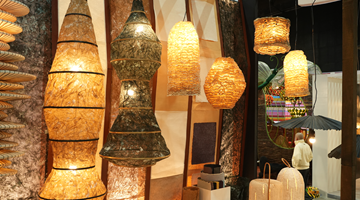
Rooted in Advocacy, Crafted for the Future
Going strong for 42 years, Manila FAME is a bold, seasoned trade show shaped by decades and transfor... Learn More
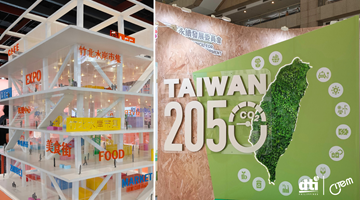
Learning the curve of sustainability: CITEM explores Taiwan’s SDG-driven industries
CITEM tracks sustainable practices in Taiwan’s transformative industries, and gets a glimpse of a... Learn More
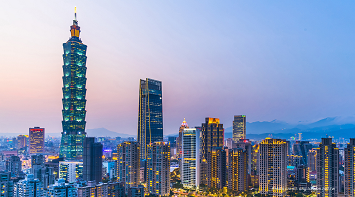
CITEM Market Sensing Mission to Taiwan to strengthen PH SDG competency
Making serious strides toward strengthening the country’s sustainability footprint, CITEM travels to... Learn More
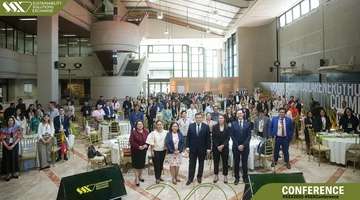
EU, PH push for green solutions in food industry at Sustainability Solutions Exchange 2025
Aiming to develop a sustainable Philippine food industry, the European Union (EU) and the Department... Learn More
